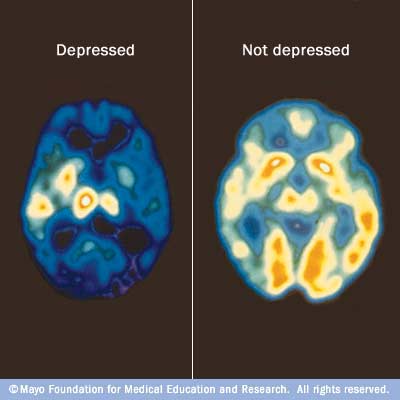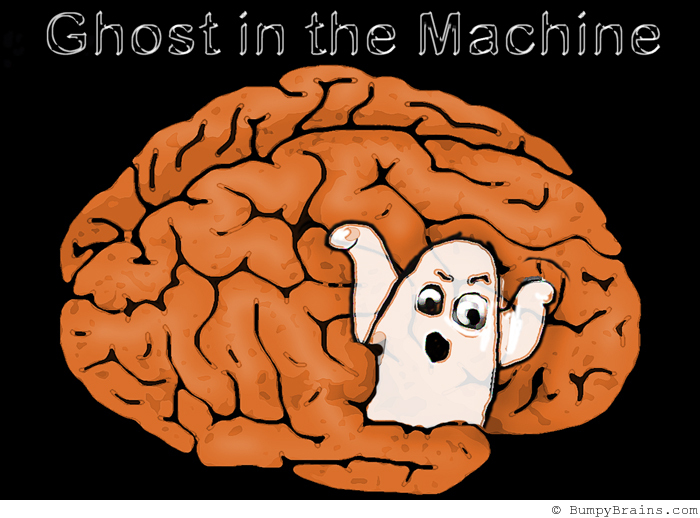
I'm talking about "clinical depression." A mental disorder of impaired mood, resulting in loss of motivation, interest in hobbies and social activities, pessimism, persistent obsessive and negative thoughts, decrease in hygiene and health maintenance, which affects work, school, and relationships. If not dealt with, it will also affect your spiritual life.
Primary causes: genetics, chronic abuse, loneliness.
This is the hard sell of my post: I believe that just about everyone in the USA, and just about everyone reading this right now, has experienced depression before, at least low grade depression. That is, the absence of a regular state in life in which you are mentally healthy, balanced, clear-minded, confident, and living in relative peace with family and friend.
Here is my proof: American, Western culture. No syllogism needed. We are not living in the Shire.
And as for the American, traditional Catholic, we are not living on Mount Athos, or in the woods. It is metaphysically impossible for our psyches not to be permeated with the cultural, moral, and psychological toxicity of our tormented society, and not to experience at least on a material, neurological level that toxicity. The three-dimensional brain, and powers of the soul (intellect, will, memory, imagination, emotions) all have limits, beyond which some forces of creation are more powerful.
I know this is a tough pill to swallow for some. Family and friends who are more overtly depressed, can be the scapegoat for not recognizing our own mental malady. Ask yourself, how often do I feel despair? gloom? a heaviness in my brain, like a wet blanket suffocating my mind? a darkness, or greyness that invades my daily thinking? perhaps not everyday, but frequently?

This Philosophy of Human Nature goes back to the modern philosopher Descartes
One temptation might creep in, to think of ourselves as an angelic spirit floating around a body. As if depression is just a factor of the body, and not the mind, or that the mind is just a spiritual substance. As if we can just will away our dark emotions, or only pray more and it will disappear.
Depression is not centered in the liver, pancreas, or eyeballs, it is centered in your brain, where your conscious personality resides. We are not merely a torso with two upper and lower extremities, and and an empty skull cavity filled with a spiritual ghost. Protestantism and the modern philosophical school of Rationalism would have us think so. We are also an organic brain, which is the most essential organ of our human nature (angels = spirits; humans = souls = spirit united to a body, even in heaven).
Another myth: this is mostly about women. In my opinion, the majority of American men are dragging themselves through life in a state of SILENT depression. The signs and symptoms are clearly there. We cope by becoming workaholics, alcoholics, assholes, who come home and isolate ourselves from wife and children. We stoically embrace a Protestant work ethic, cuz that's what dad did. The machismo ethic of manhood thinks its main opponent is modern, effimacy in men. It isn't. The main opponent of evil is the good, and the Catholic good for manhood is seen in Jesus Christ and his foster-father St. Joseph. The traditional Catholic nature of a man is to be a gentleman, reason-driven, justice-focused, order-producing, piety and morals protecting.
Think about it. We spend thousands of dollars a year for our physical health (insurance, copays, medications, nutritious food), but almost nothing for our mental health. Illness sucks. We all need and want health. And health is not just of the body, but the brain and mind. If the mind declines this is what also declines: the body, behavior, productivity, work, finances, relationships, etc.
I think the hard part for trads in this, is the pharisaical stigma many religious folks attach to depression, especially from a jansenistic spirit thinking psychology per se is from the devil, and mental illness is necessarily a sign of spiritual sin. The myth being that the depressed must be crazy, socially or economically unstable, immoral, or possessed. To tell yourself or others you're dealing with depression, and to get some help for it, is tantamount to becoming socially stigmatized as "one of those people." When in fact "those people" are 95%+ of modern, Westerners, on some level.
I'll raise my hand and say, yes, I've dealt with the signs and symptoms. Its a cross. Psychological science does not do it justice in categorizing or defining it. It takes poetry to delve into its reality.
But depression IS manageable if not also cureable. The tragedy is most don't know this. The remedy is relatively simple, but requires courage and commitment.
It takes humility, to admit it to yourself and others and get help. To seek counsel from a Catholic counselor and/or good priest when depression starts to seriously impact your life. To take medications/supplements/specific diet. Journaling is a marvelous tonic as well!

There is hope. The greyness may always be there, entering the mind from time to time. This is 21st century America. Unless you move to a sanguine, communal, tropical culture like the Philippines, odds are very high you're going to deal with this. But we can take control of it, for the sake of ourselves and our families.
We have to. If our bodies are a temple of the Holy Ghost, that also includes the brain and mind, we must take care of the health of the mind. Our vocations and states of life depend on it.
Onward and upward.